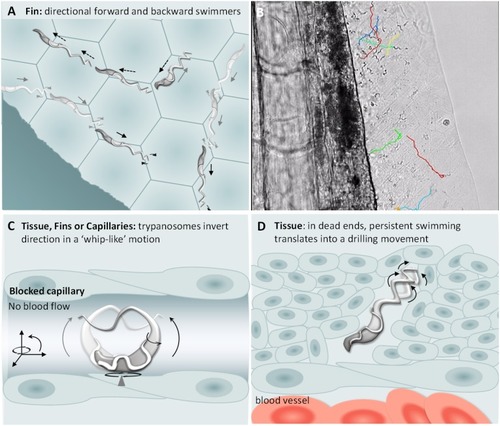Figure 8
- ID
- ZDB-FIG-191230-1695
- Publication
- Dóró et al., 2019 - Visualizing trypanosomes in a vertebrate host reveals novel swimming behaviours, adaptations and attachment mechanisms
- Other Figures
- All Figure Page
- Back to All Figure Page
|
( |

